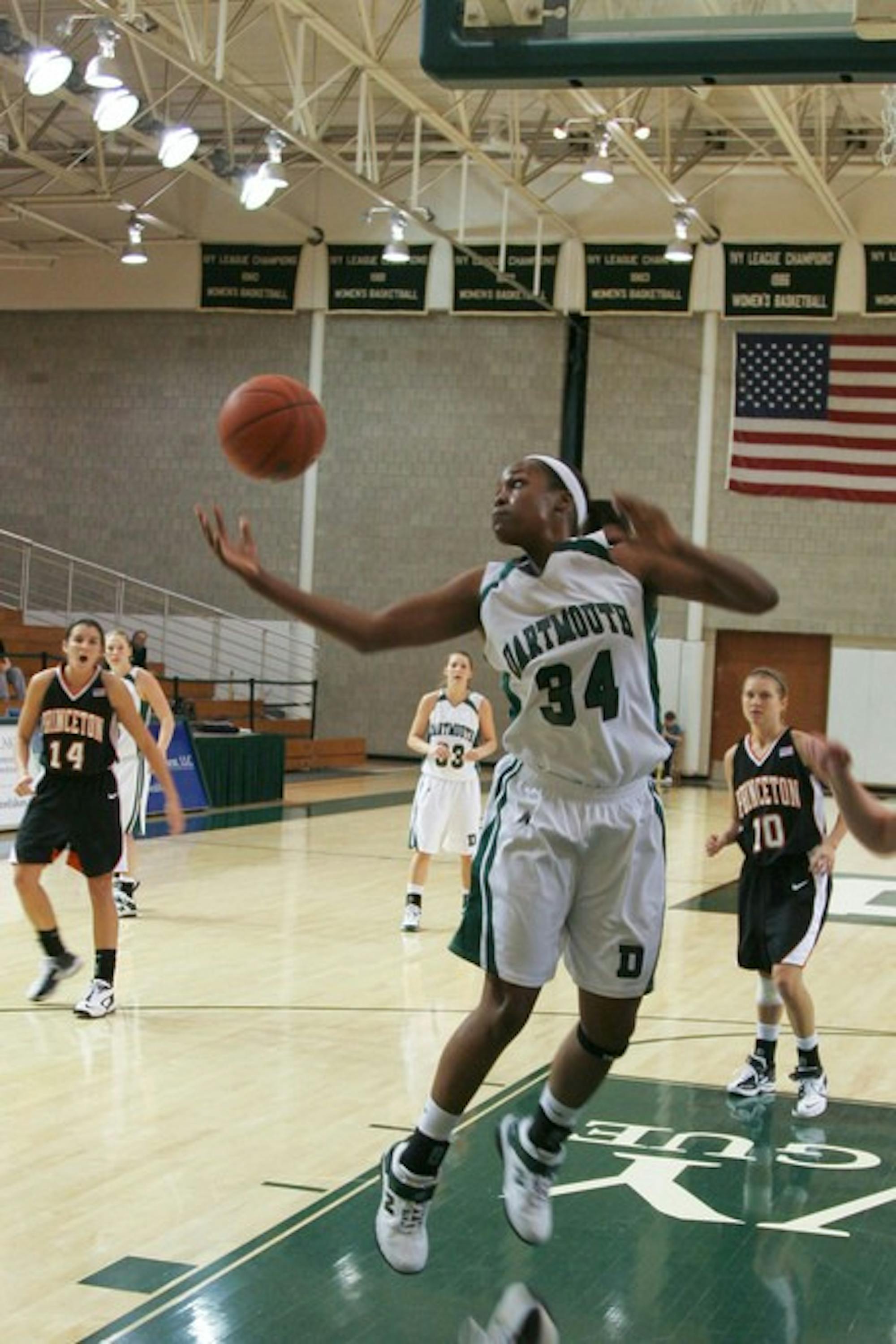Is it, though?
As a "retired" Dartmouth baseball player, I have an appreciation for the commitment it takes to play a sport at an Ivy League college. It is a tremendous amount of time and effort -- and, even though Dartmouth athletes do not enjoy nearly as much time in the spotlight as other "big time" programs, they should still have their championships decided the proper way.
The "proper way" is, at least in this writer's opinion, a playoff system.
Why?
Because greatness in sports, particularly on a team by team basis, is measured largely by postseason success.
Look at the New England Patriots. While they had an historical regular system, one could easily argue that they did not even have the best season in the NFL since they tripped in the post-season. If the loss to the Giants had come in Week 17 instead of in the post-season, we would be debating whether a 18-1 championship team could possibly be considered better than those 1972 Dolphins.
Ask any famous "clutch performer" from the annals of sports, and he will tell you that the playoffs are a different cup of tea, sporting a much greater degree of gravitas than your run-of-the-mill regular season match-up.
Implementing a playoff system would create a great deal of excitement surrounding the outcome, without lessening the importance, of regular season games. Instead of teams having to "put all their eggs in one basket," as the current system forces them to do in the regular season, teams could recover from a lack of regular season success -- or, perhaps more importantly, recover from a devastating injury to a key player.
The best regular season teams, of course, would be rewarded with a high seed and perhaps a bye to begin the playoffs. Additionally, playing under the kind of pressure a playoff system creates would potentially net the champion a good deal of experience playing under adverse circumstances -- a valuable asset for a winning team to improve considering that they must subsequently turn around and play in the most pressure packed, nerve racking tournament of March Madness.
While Dartmouth might not turn its season around and qualify for the NCAA tournament if it had a season-ending shot to win the Ivies, it could certainly be a more accurate indicator of where this year's team should be ranked among its Ivy peers, as the team has had its share of outstanding performances to go along with its remarkable inconsistency.
My argument should not only extend to Ivy League basketball, but to all other sports as well. While Ivy League athletes might not be as "high profile" as athletes at "big name" schools from powerhouse conferences, they are nonetheless athletes playing the same sports.
Though the conference is first and foremost an "academic" one" and always will be, by no stretch of the imagination should Ivy League teams be constrained in their quest to prove who is best.




